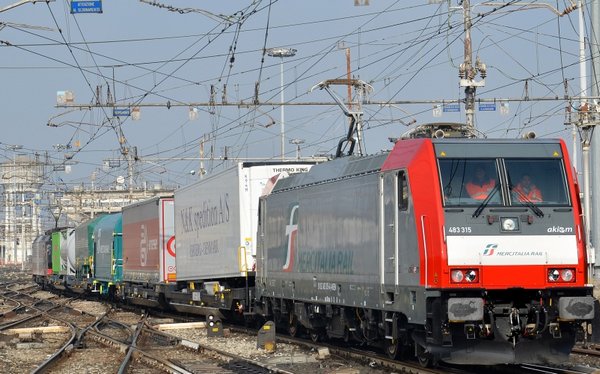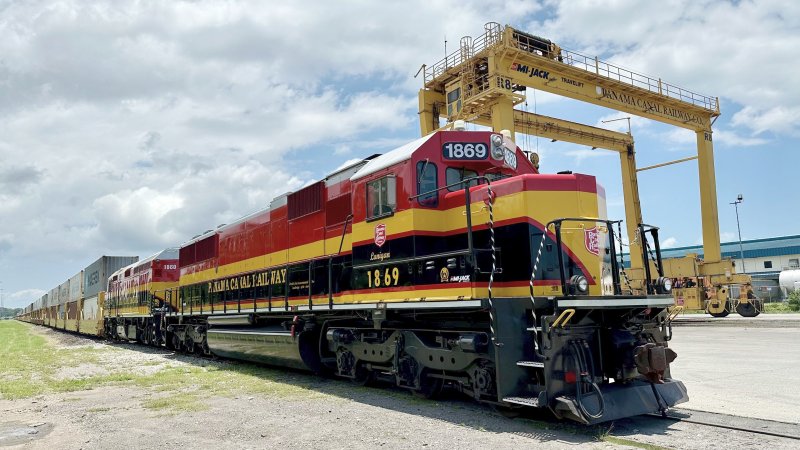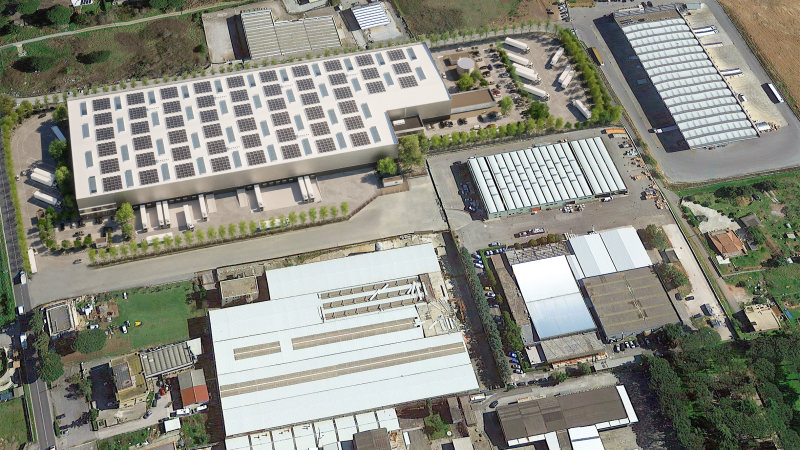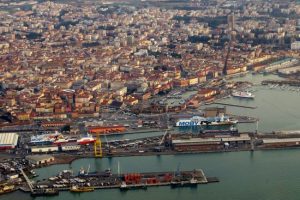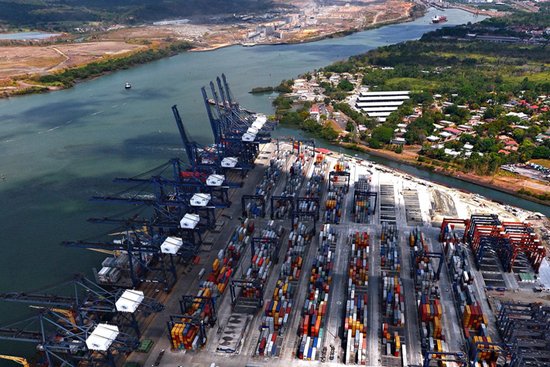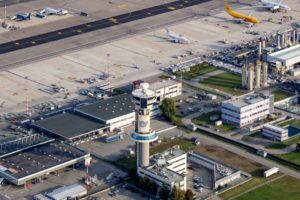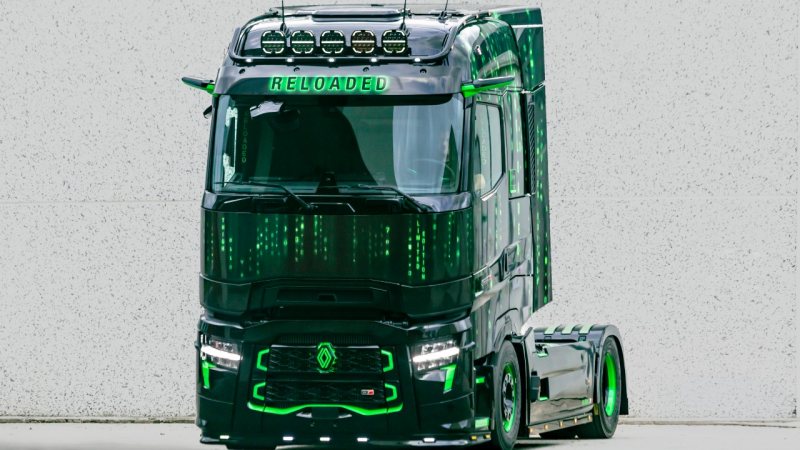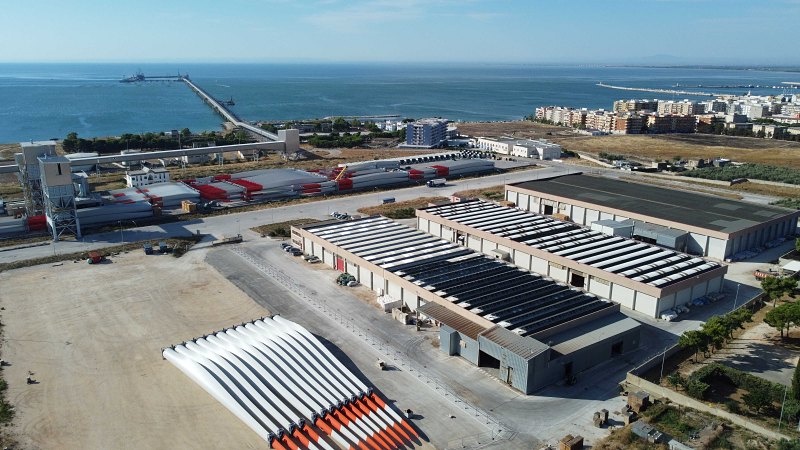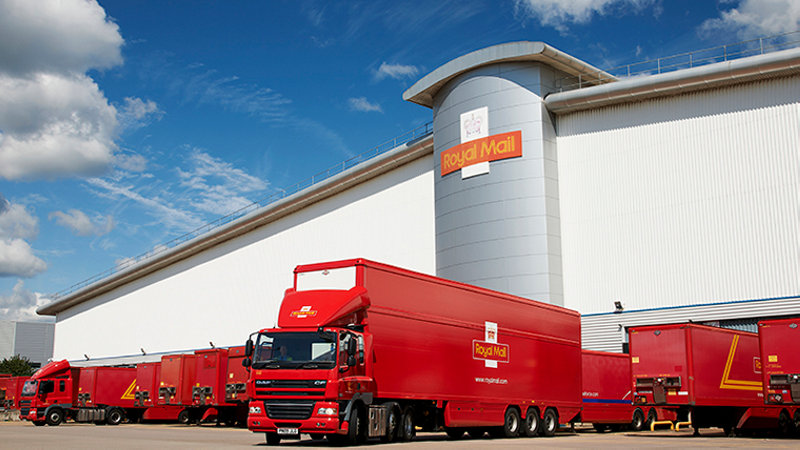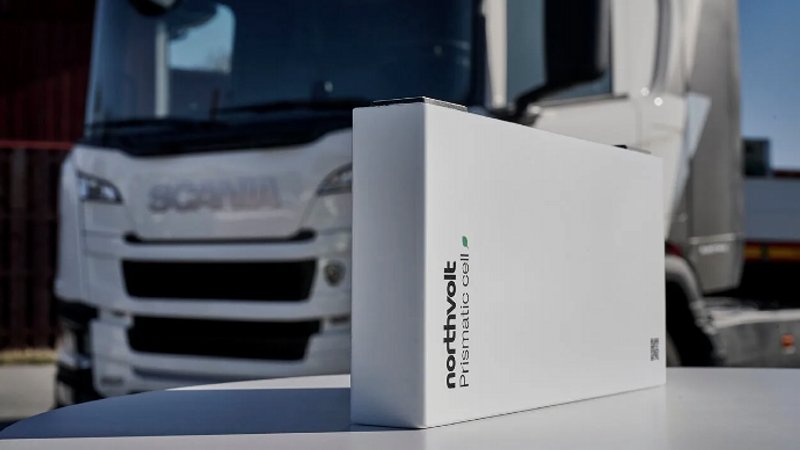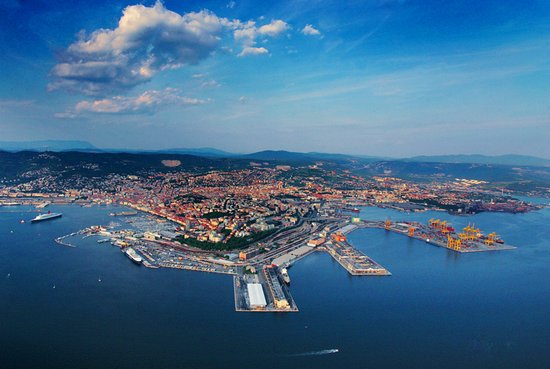On 31 March 2025, the extraordinary commissioner of the Italian Autorità di Sistema Portuale del Mar Tirreno Settentrionale, Luciano Guerrieri, transmitted the necessary documents to Til Investment Limited – a company under the control of the Msc Group – for the evaluation of a proposal for the development and management of the new Darsena Europa container terminal, in the port of Livorno. The proposal was submitted by a consortium comprising the Msc Group, the Neri Group and Terminal Lorenzini. At the same time, the preliminary public interest in the proposal was officially recognised.
The decision, outlined in ordinance number 6 and also signed by deputy commissioner Roberta Macii, marks a turning point for an infrastructure project of national significance, designed to position Livorno as one of the key hubs of Mediterranean maritime traffic. The entire process falls within the procedures set out in the public procurement code and now involves the publication of technical documents both on the website of the extraordinary commissioner and on the notice board of the Autorità di Sistema Portuale del Mar Tirreno Settentrionale.
Dialogue between Msc and local institutions began on 7 January 2025, with an expression of interest from the Swiss group, supported by two long-standing Livorno-based port operators: the Neri Group and Terminal Lorenzini. It was a clear signal, reaffirmed a few days later by Msc’s founder, Gianluigi Aponte, in a letter to the mayor of Livorno, Luca Salvetti, in which he confirmed the company’s intention to invest in the city by increasing volumes and strengthening its presence.
On 28 January, a first informal meeting was held at Palazzo Rosciano (headquarters of the port authority) between the authority’s leadership and Paolo Maccarini, director of the Mediterranean region for Til. Alongside commissioner Guerrieri and his technical and administrative team, representatives of the local businesses involved were also present, including Ennio and Dino Lorenzini and Piero Neri. Later, on 24 February, the consortium formally submitted its preliminary expression of interest, laying the foundations for the current stage of the procedure.
The Darsena Europa project involves the creation of a new container terminal covering an area of 62 hectares, alongside a ro-ro and ro-pax terminal, with a total of approximately three kilometres of quay. The facility will be able to accommodate the most modern and largest container ships, significantly enhancing Livorno’s international competitiveness. The works are planned in several phases. The first step is the construction of the outer breakwaters – approximately 7.3 kilometres of docks – followed by dredging and consolidation of the containment basins.
During 2025, around 80,000 square metres of the area will be consolidated, while by 2026 the first basin is expected to be completed and the rail overpass to the Amerigo Vespucci inland terminal in Guasticce will become operational, a key junction for hinterland logistics. So far, 12,000 drains have been installed and preloading operations have been carried out on 150,000 cubic metres. The aim, according to commissioner Guerrieri, is to inaugurate the first yards within two years.
The project has already attracted the attention of international observers and Italian institutions. Guerrieri described the development as "strategic for the entire Tuscan and national port system", highlighting its potential in terms of traffic, employment, and attractiveness for foreign investment. Equally significant is Msc’s demonstrated interest, which further strengthens the future terminal’s competitive positioning. However, it is worth noting the recent intervention by the Competition Authority, which blocked Msc’s entry into the Darsena Toscana Terminal to prevent excessive market concentration in the Upper Tyrrhenian region.
Trade unions have also welcomed the project’s progress, stressing the anticipated positive impact on employment. Statements from Filt-Cgil, Cisl and Uiltrasporti explicitly described it as a “turning point for the economic and social revival of Livorno”. Nonetheless, infrastructure connectivity remains a central issue. Raffaello Cioni, CEO of the Amerigo Vespucci inland terminal, reminded stakeholders that "the infrastructure requires adequate connections", confirming that work has begun on the railway overpass, considered the first step towards a more efficient and integrated logistics network.



